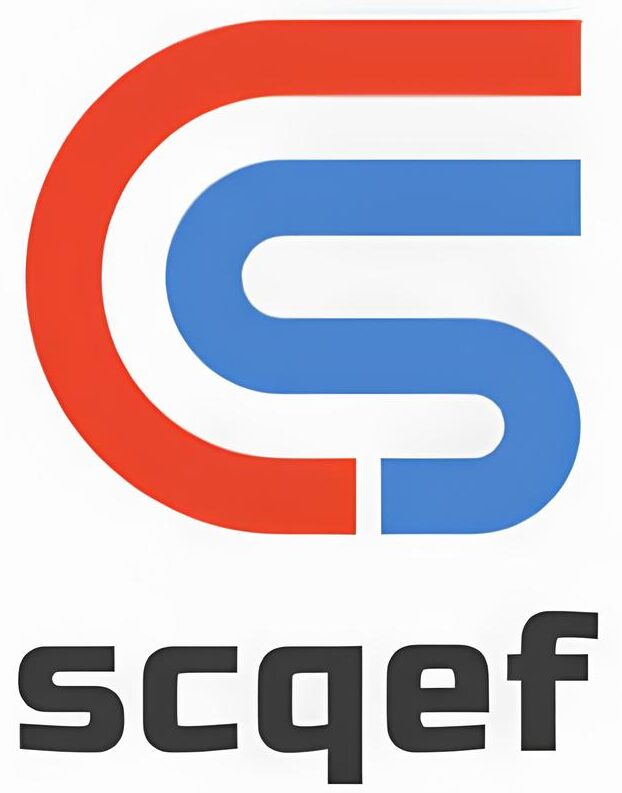
Overview of the Insurance Market in Brazil
Importance of Insurance Providers
Insurance providers in Brazil serve as crucial players in safeguarding the financial well-being of individuals and businesses. They offer vital coverage for various needs, including health, property, and liability. With the growing awareness of risk management, these providers enable clients to mitigate potential losses and ensure peace of mind. The importance of insurance became particularly evident during the COVID-19 pandemic, highlighting the need for robust health coverage and financial planning.
Market Size and Growth Trends
In 2023, the Brazilian general insurance market reached an impressive size of BRL 277.3 billion (approximately $55.5 billion). The sector is projected to grow at a compound annual growth rate (CAGR) of over 8% from 2024 to 2028. The leading segments contributing to this growth include:
- Property Insurance
- Motor Insurance
- Liability Insurance
- Health & Accident (PA&H)
This growth indicates a strong consumer demand and an evolving marketplace where innovation and customer-centric products will play pivotal roles.
Regulatory Environment in Brazil
The regulatory landscape of Brazil’s insurance market is evolving to keep pace with its rapid growth. Key aspects include:
- Licensing Requirements: Stringent guidelines ensure only qualified insurers operate in the market.
- Consumer Protection Laws: Recent regulations aim to enhance transparency and trust between providers and clients.
- Sustainability Initiatives: New programs focus on promoting eco-friendly practices within the insurance sector.
These regulations not only foster a competitive environment but also drive the industry toward sustainable and responsible practices.
Leading Insurance Providers in Brazil
Company A: Market Share and Offerings
Bradesco Seguros stands out as the largest insurance company in Brazil, with a commanding market share fueled by its extensive range of offerings. With over 13 billion U.S. dollars in assets, it provides a diverse portfolio, including health, life, and property insurance. Customers appreciate the comprehensive nature of their products, which caters effectively to various needs, ensuring peace of mind.
Company B: Competitive Advantages
Porto Seguro, ranked second, leverages a strong competitive edge through its focus on customer service and innovative product offerings. Its personalized approach is evident in services like 24/7 customer support and tailored insurance plans designed to meet the individual needs of clients. Such commitment to customer care sets it apart in a crowded market.
Company C: Customer Satisfaction Ratings
Cigna Global Health consistently obtains high customer satisfaction ratings, particularly among expatriates. Their commitment to providing comprehensive healthcare solutions and a vast network of providers fosters loyalty among users. Clients feel reassured by the availability of emergency assistance and well-rounded care, enhancing their overall experience as they navigate their health needs in Brazil.
Unique Selling Points of Top Insurance Providers
Innovations in Products and Services
The leading insurance providers in Brazil are setting themselves apart through innovative product offerings. Companies like Porto Seguro and Bradesco Seguros have introduced flexible insurance options catering to diverse client needs, such as usage-based insurance for auto policies. These innovative products are designed to enhance customer satisfaction while also addressing specific risk management requirements.
Customer Experience Initiatives
Enhancing customer experience is a top priority for these insurers. For instance, Tókio Marine has rolled out multiple initiatives that simplify the claims process, such as online claims submissions and dedicated customer support teams. This proactive approach cultivates a trusting relationship between the customer and the insurer, which is paramount in the competitive landscape.
Technology Integration for Efficiency
Incorporating technology into operations is crucial for efficiency. Major players, including MAPFRE VIDA, are utilizing data analytics and AI-powered chatbots for customer service inquiries. This not only streamlines communications but also reduces wait times for policyholders, allowing them to get the assistance they need quickly and efficiently. Embracing technology thus empowers these companies to enhance their operational capabilities while improving overall customer engagement.
Challenges and Opportunities for Insurance Providers
Economic Factors Impacting the Market
The Brazilian insurance market has seen a positive growth outlook, significantly fueled by the country’s improving GDP and reduced inflation rates. However, challenges remain, such as fluctuations in interest rates, affecting investment returns. Given Brazil’s heavy reliance on sectors like agribusiness and energy, insurers can leverage opportunities in these areas by tailoring products that address specific risks.
Emerging Trends in Customer Preferences
As clients become more tech-savvy, there’s a notable shift towards personalized insurance products and services. Consumers increasingly expect seamless digital experiences, prompting insurers to invest in innovative solutions such as mobile apps and customer-centric platforms. This makes understanding customer needs vital for developing targeted insurance offerings that resonate with diverse lifestyles.
Regulatory Changes and Compliance Issues
The evolving regulatory landscape presents both challenges and opportunities for insurance providers. Recent reforms have made room for new distribution channels and improved market access for foreign players. Insurers must navigate these regulatory adjustments while ensuring compliance, which can complicate operations. Staying abreast of regulatory developments enables insurers to adapt swiftly and maximize new opportunities within the insurance sector.
Future Outlook for Insurance Industry in Brazil
Growth Projections and Forecast
The Brazilian insurance market is poised for robust growth, with projections indicating a compound annual growth rate (CAGR) of over 8% from 2024 to 2028. This growth is primarily driven by rising demand for personal accident and health insurance (PA&H) following increased consumer awareness post-pandemic. Additionally, the overall market size is expected to expand significantly, reaching BRL 277.3 billion ($55.5 billion) in 2023.
Potential Disruptors in the Market
While the outlook is promising, several potential disruptors could impact the market dynamics, including:
- Technological Advances: Insurtech startups are increasingly entering the scene, offering innovative insurance solutions that could challenge traditional players.
- Changing Consumer Behaviors: As customers increasingly prefer digital interactions and personalized offerings, companies must adapt swiftly.
Strategies for Long-Term Success
To thrive in this evolving landscape, insurance companies should focus on:
- Enhancing Digital Capabilities: Embrace technology for seamless customer engagement and claims processing.
- Tailoring Products: Develop bespoke insurance products that meet the unique needs of various consumer segments.
- Investment in Sustainability: As sustainability becomes a priority, insurers should integrate environmentally-friendly practices to attract socially-conscious consumers.
By implementing these strategies, companies can secure their positions and flourish in Brazil’s dynamic insurance market.


